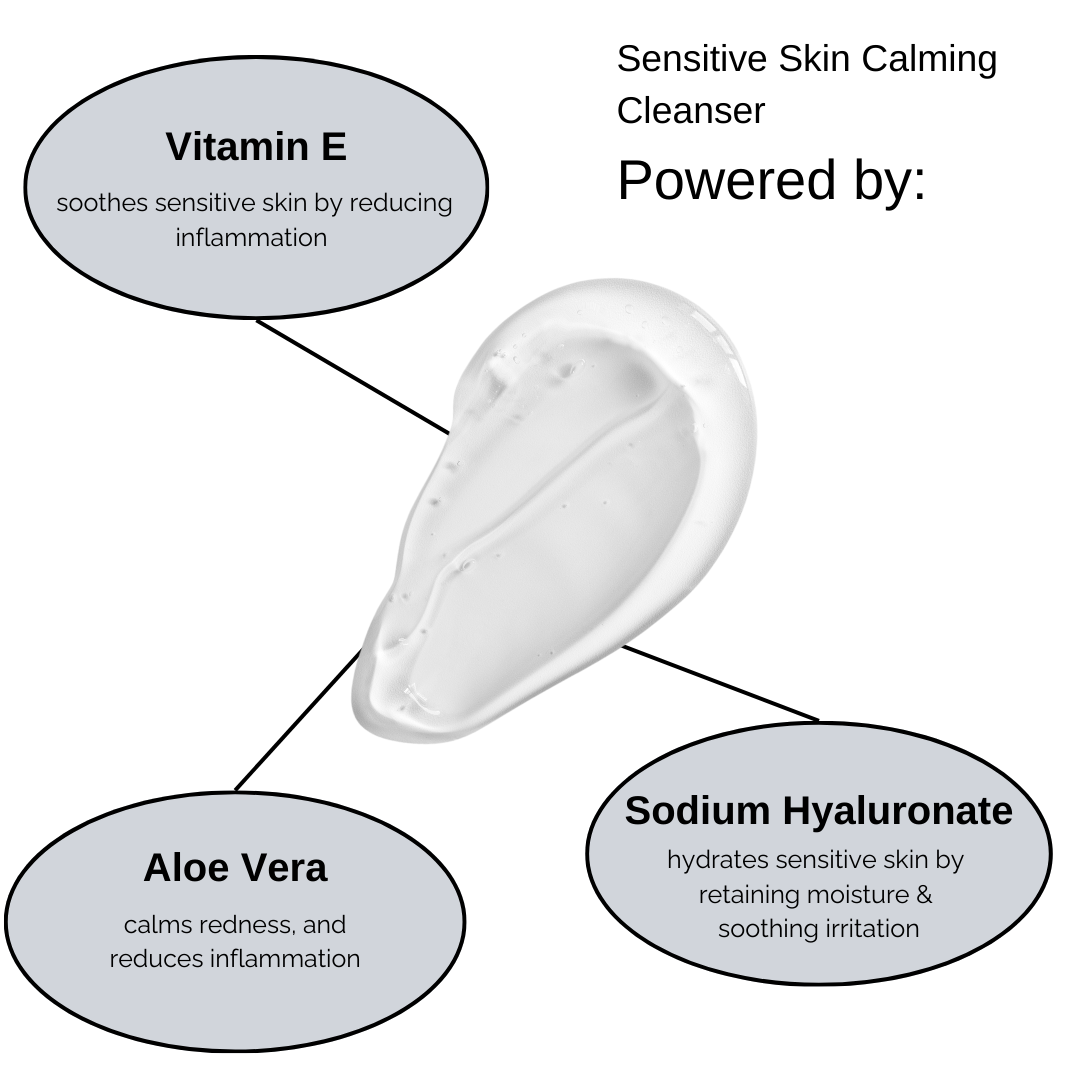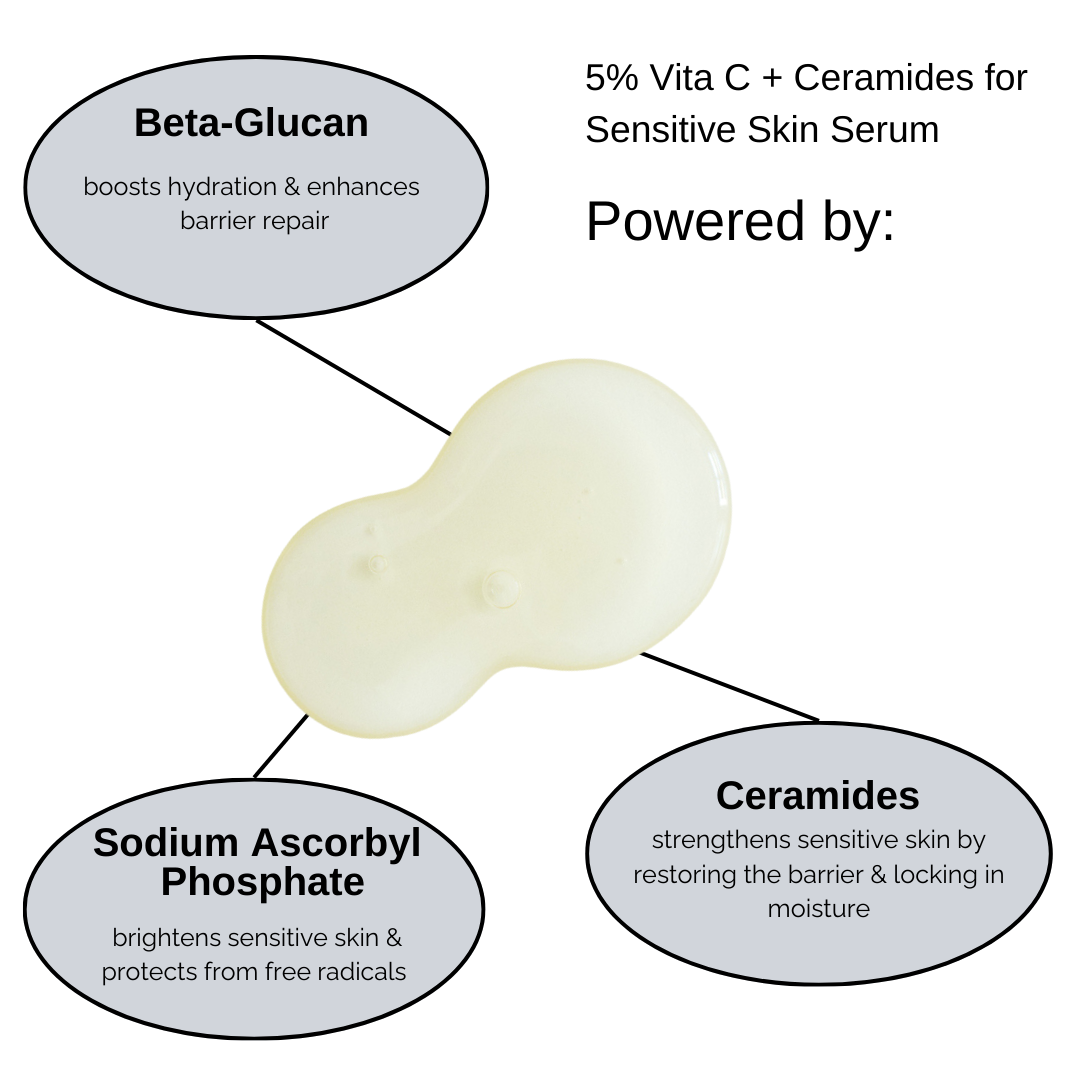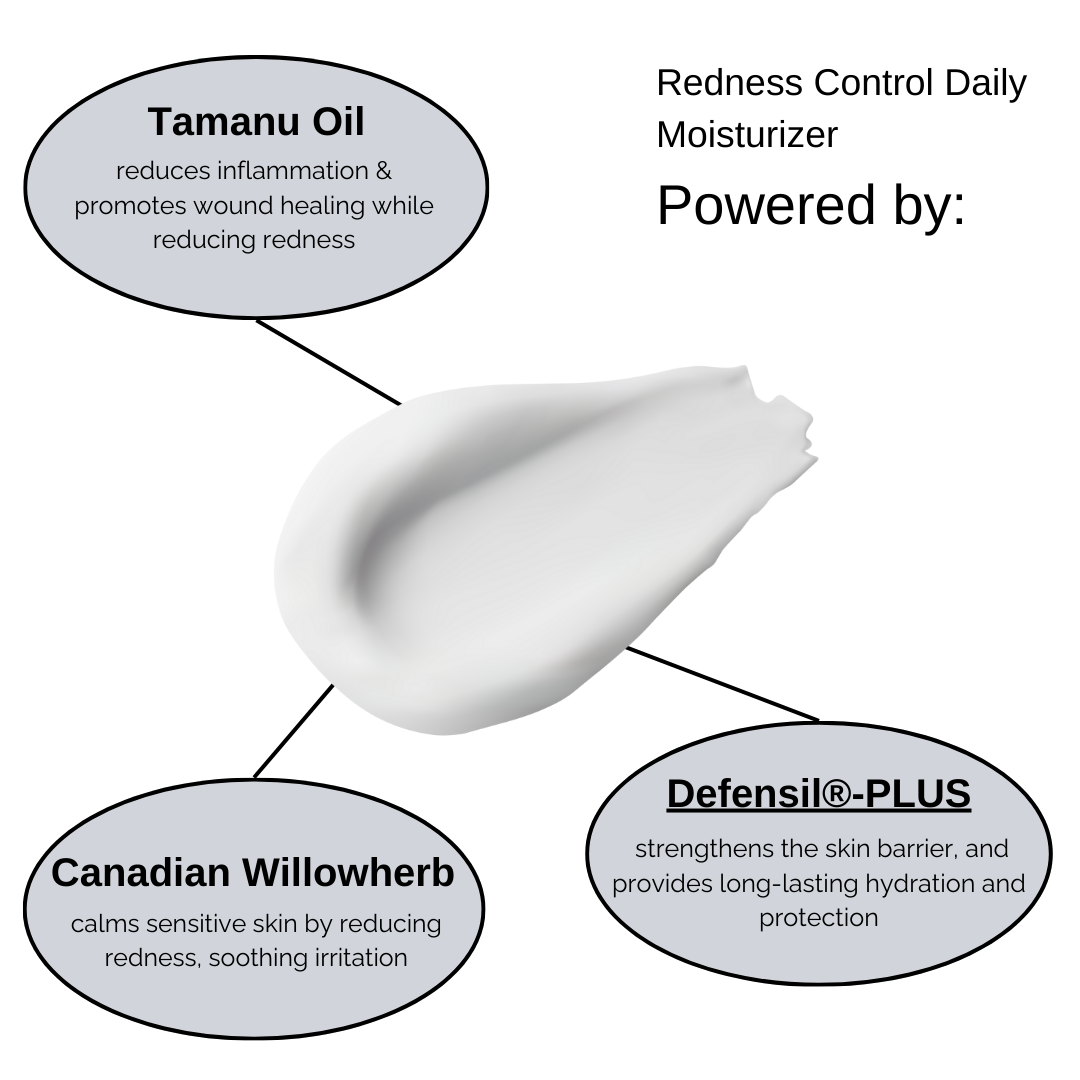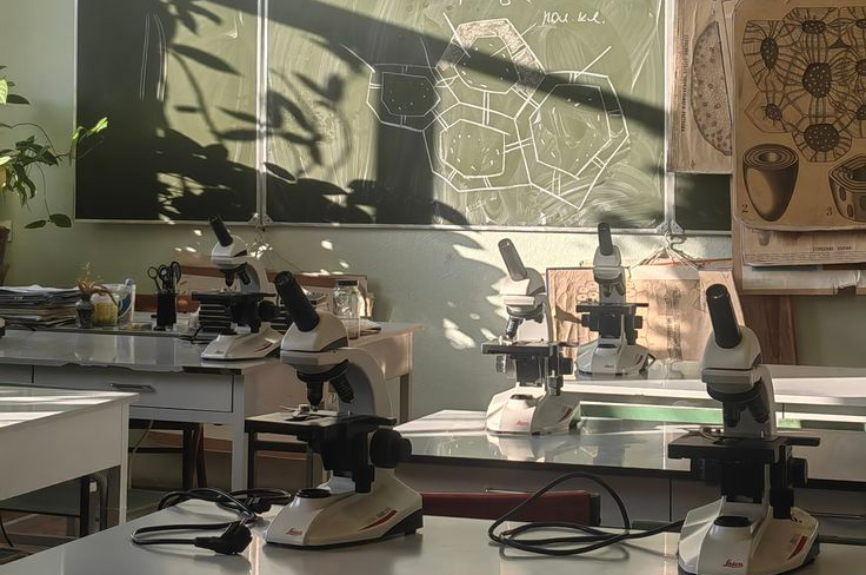
FDA Approval of Emrosi (DFD-29): A New Era in Rosacea Treatment
A significant milestone for dermatology, the U.S. Food and Drug Administration (FDA) approved Emrosi (formerly known as DFD-29) in November 2024 for the treatment of inflammatory lesions and facial erythema associated with rosacea.
This approval marks the arrival of the first oral therapy in the U.S. that effectively targets both inflammatory papules and pustules as well as persistent facial redness, providing a more holistic treatment option for millions affected by this chronic skin condition.
What Is Emrosi?
Emrosi is the brand name for DFD-29, an extended-release oral minocycline capsule. Minocycline belongs to the tetracycline class of antibiotics and has long been used to treat various skin conditions, including acne and rosacea. What sets Emrosi apart is its specialized 40 mg formulation, which provides controlled, sustained release of the active ingredient, optimizing its therapeutic effects while minimizing potential adverse reactions.
Unlike traditional oral minocycline, Emrosi is specifically designed to address two of the hallmark features of rosacea:
- Inflammatory lesions (such as bumps and pimples)
- Facial erythema (persistent redness)
How Emrosi Works
Emrosi works through multiple mechanisms:
- Anti-Inflammatory Action:
It reduces the production of pro-inflammatory cytokines and matrix metalloproteinases (MMPs), which are elevated in rosacea patients and contribute to skin inflammation and redness.
- Antibacterial Effects:
While rosacea is not primarily caused by bacteria, the antimicrobial activity may help control secondary bacterial involvement and further reduce inflammation.
- Sebum Modulation:
Minocycline helps reduce sebum production, which can indirectly improve skin condition in rosacea patients.The extended-release formula ensures a steady plasma concentration over time, reducing the likelihood of peaks and troughs that could cause side effects.
Clinical Trial Highlights
In Phase 3 clinical trials comparing Emrosi to placebo and to Oracea (doxycycline 40 mg)—currently a leading oral therapy for rosacea—Emrosi showed statistically significant improvements:
• Reduction in total lesion counts
• Improved erythema scores
• Comparable or better efficacy than Oracea
Most notably, Emrosi demonstrated dual-action effectiveness in a single oral capsule—targeting both inflammatory lesions and redness, a first in the U.S. treatment landscape.
When Will Emrosi Be Available?
Emrosi is expected to be commercially available in the United States by mid-2025. Distribution will likely begin through dermatologists and specialty pharmacies, with broader availability anticipated thereafter.
Patients are encouraged to consult their healthcare providers starting in Q3 2025 for availability updates and prescriptions.
Risks and Side Effects
While Emrosi has demonstrated a favorable safety profile, as with all medications, there are potential side effects. In clinical trials, the most common adverse events included:
• Headache
• Nausea
• Dizziness
• Photosensitivity (increased sensitivity to sunlight)
• Gastrointestinal upset
Less commonly, minocycline can lead to:
• Esophageal irritation
• Hyperpigmentation (skin discoloration)
• Liver enzyme elevations
• Vestibular disturbances (e.g., vertigo)
As a tetracycline-class antibiotic, Emrosi is not recommended for use in children under 8 years old, pregnant or breastfeeding individuals, or anyone with a known hypersensitivity to tetracyclines.
Patients should also avoid excessive sun exposure and use appropriate sun protection while taking the drug due to the risk of photosensitivity.
Final Thoughts
The approval of Emrosi by the FDA represents a major advancement in rosacea treatment, offering patients an innovative new option that addresses the condition more comprehensively than previous oral therapies. With its dual-target approach, convenient dosing, and encouraging safety profile, Emrosi is poised to become a game-changer in dermatologic care for rosacea sufferers.
As always, individuals should consult with a board-certified dermatologist to determine whether Emrosi is appropriate for their specific condition and to understand how it fits into a broader rosacea management plan







